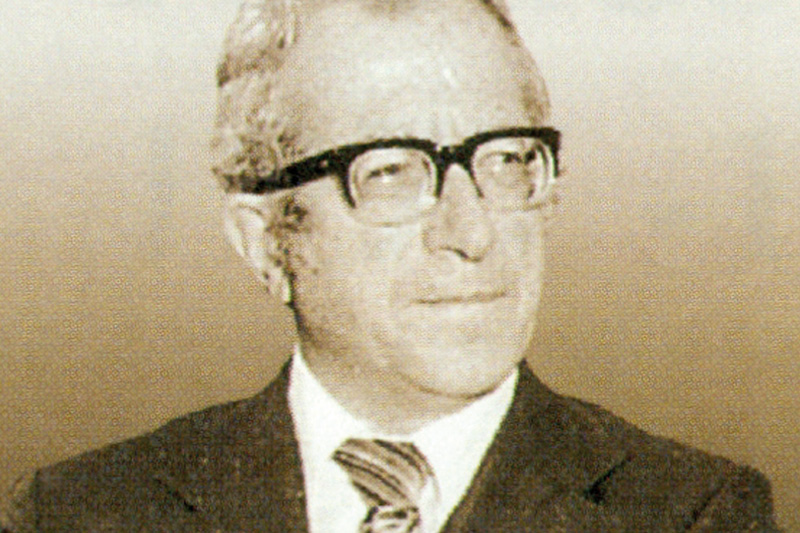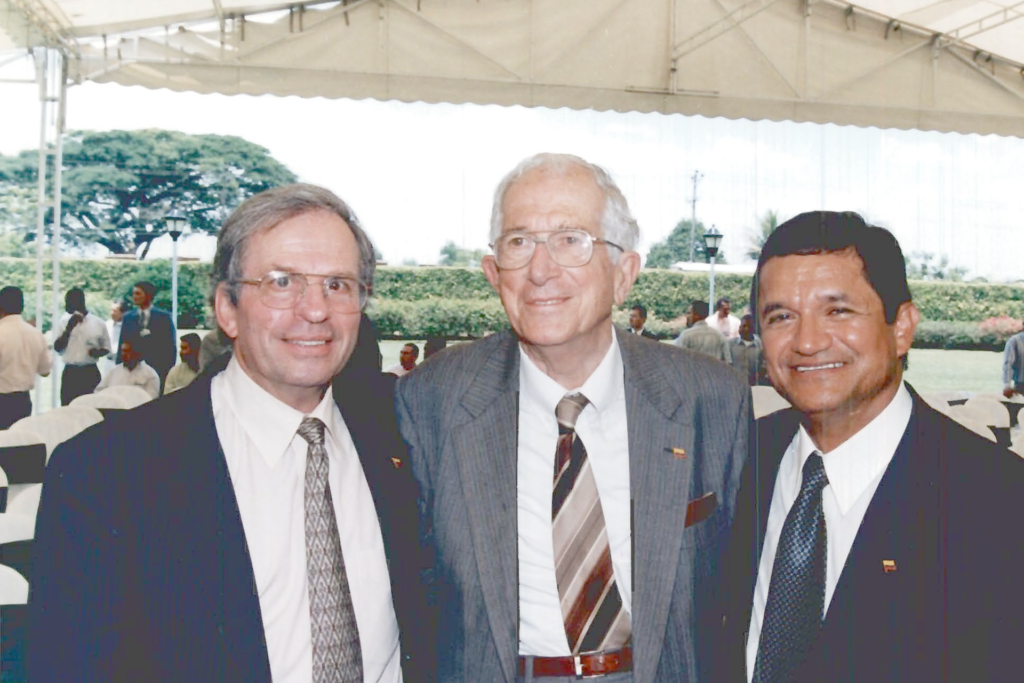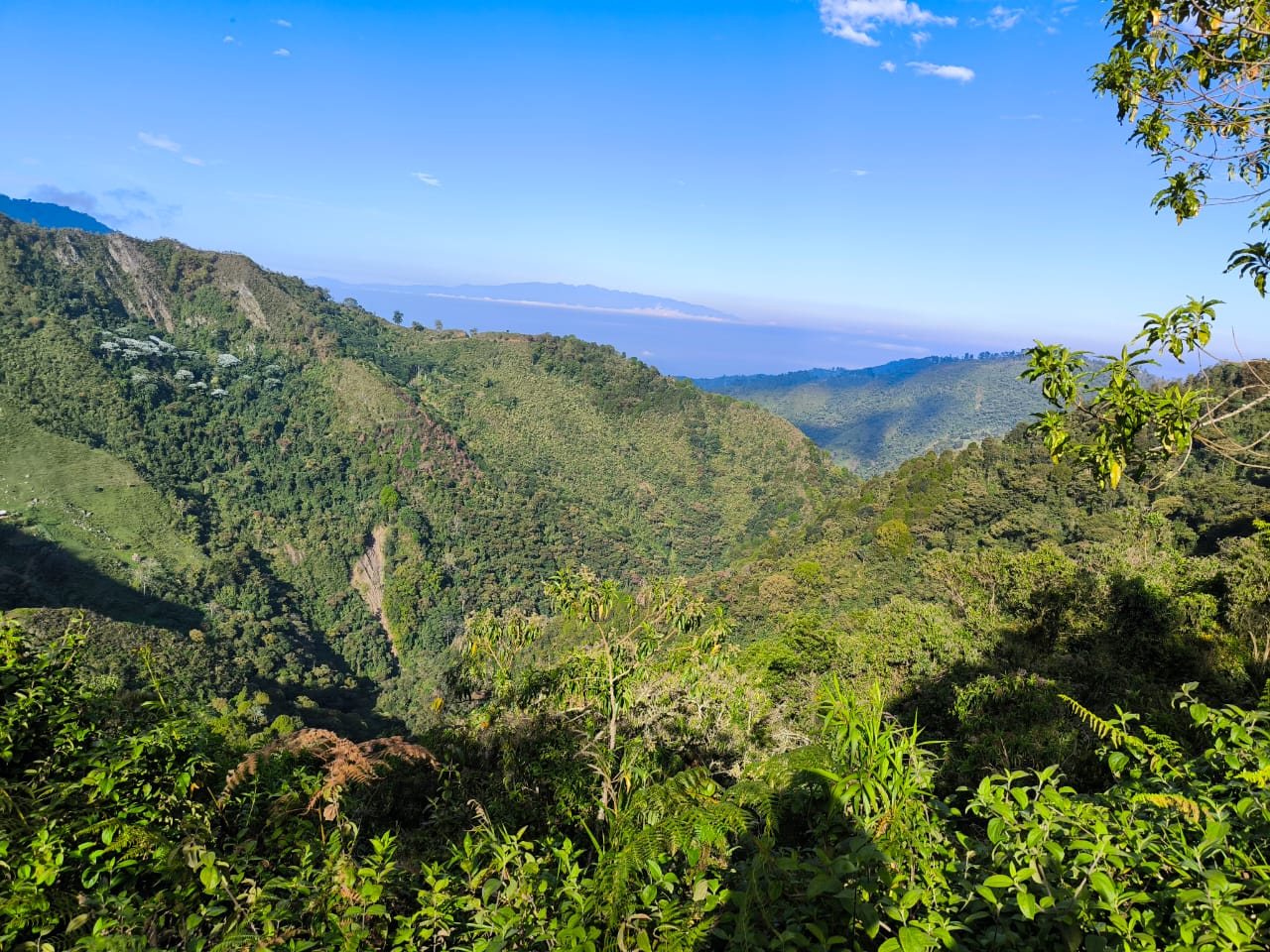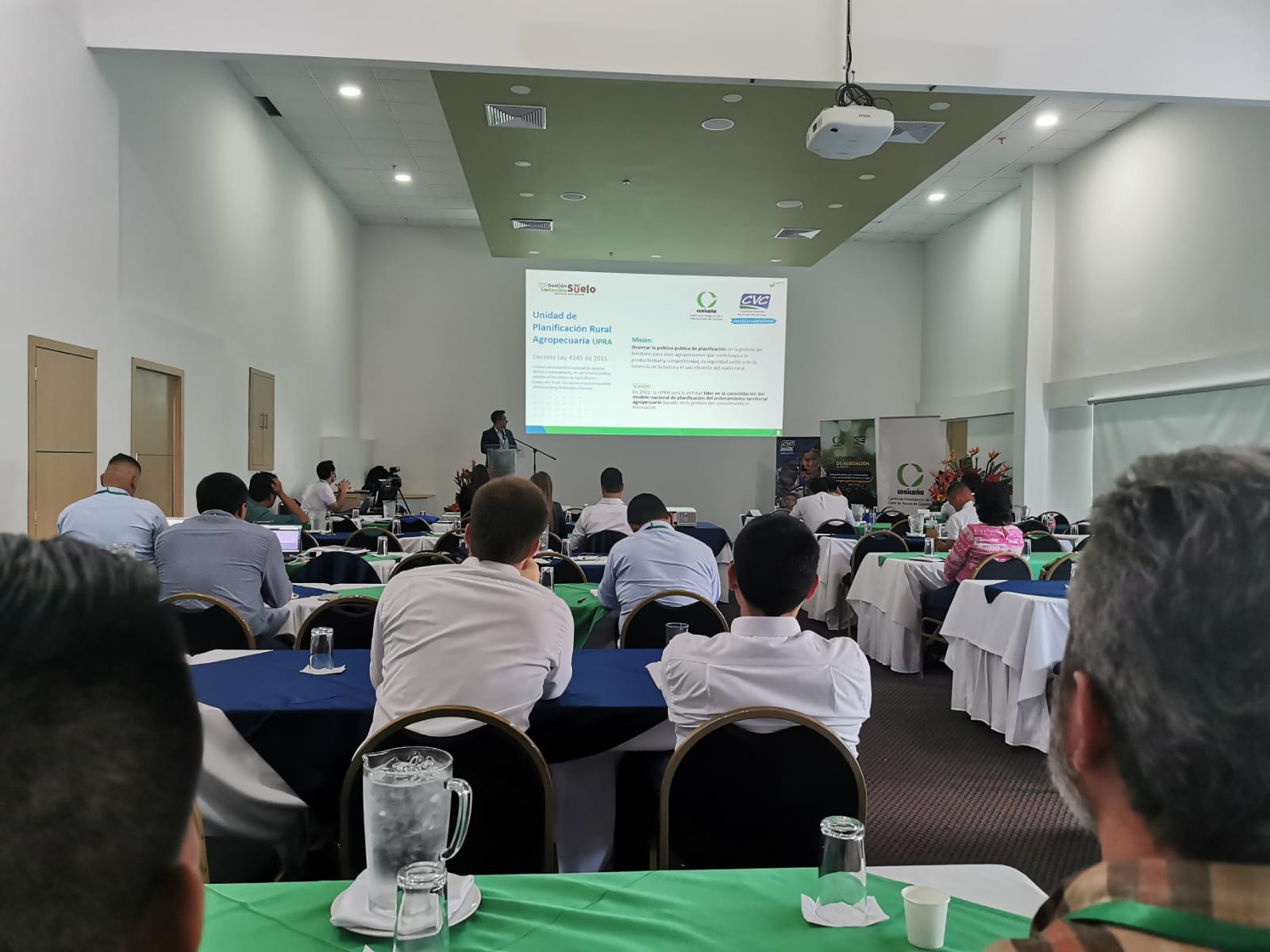
Armando Samper Gnecco
March 6th 1978
On the Cenicaña Board of Directors, one week after taking office as Director of Cenicaña
(…) Valle del Cauca has always been an extraordinary laboratory for agricultural development, not only because of the characteristics and conditions of the climate and soils of the Valley, but also because of the entrepreneurial spirit that has characterized its people who have invested imagination creator and capital to make the lands of Valle del Cauca a highly productive resource.
By establishing the Research Center for Sugar Cane, Valle del Cauca will give the country a new institutional development model for research that will serve as a guideline for other regions and other production unions. Thus, Valle del Cauca will provide the country with a new service of national scope ”
On the occasion of the hundredth anniversary of the birth of Armando Samper Gnecco, the first director of Cenicaña (1978 and 1990), today we share one of his many legacies for science, the Colombian sugarcane agribusiness and the business sector in general.
Ten principles of managerial conduct
- Have principles. On the principles, outline a policy, set objectives and set goals. Change strategy when necessary, but never sacrifice principles. Recognize mistakes, because those who do not recognize their mistakes do not know themselves. Have the courage to fight alone when our principles demand it.
- Act in faith. Have confidence in man's ability to overcome. Always look forward, with confidence in the future. Act with the power of conviction that only gives the conviction of being able to act.
- Decide. Know how to listen to weigh the advantages and disadvantages of each course of action and decide later, without any hesitation. Know how to choose the best among several alternatives, even knowing that none is really good. Decide in a timely manner, since it is better to be wrong than to stop deciding. Decide, if necessary, against the authorized opinion of our trusted advisers when a principle must be saved.
- Know what we do. He who does not know what he knows is easily mistaken. As someone who does not know what he knows is wrong. Many times, what is not seen is the most important thing in a work. For example, an organization works well when the organization is not noticed. Equally, it is easy to see what has been done, but it is not feasible to show what would have happened if it had been stopped.
- Having moral authority. Only moral authority allows power to be exercised well, as an opportunity to serve others. Power is fragile; The more you exercise, the less force you have if you don't have the power of moral authority.
- Understand that change generates change. Many times you have to sacrifice a temporary advantage to achieve a greater good later. Often you have to induce a change and wait for it to produce results before causing a new change. Impatience is a bad counselor when it comes to institutional transformations.
- Understand that men make institutions. Act with human heat. You have to trust people to inspire confidence. People must be given responsibilities so that they feel part of the work. We must make everyone feel that everyone is equally important, so that they fight for the work and defend it with ardor. Ideas are not good until others consider them their own. The works are not good unless they continue when they are not ours.
- Also understand that institutions make men. Each one must be given a challenge. Men grow up facing the challenge of important and difficult things. If someone fails, they must be given another challenge; a different challenge, because every man is capable of doing something well if given the opportunity to do something for which he is capable.
- Give to receive. Whoever has more, has the duty to give to those who have less, so that they have more. Only by giving can we aspire to receive. The important thing is to fulfill the duty; act conscientiously, let them judge us for what we did, not accuse us for not doing.
- Know that there is nothing new under the sun. At most man can mold the clays; have the illusion that you are creating what already exists. With creative imagination you can give a new impetus to things. You can innovate. You can move forward. You have to do the works with love, but not fall in love with the works. Know how to retire, because good works never end and there are always others who can do them better.

Three stages in the direction of Cenicaña. Armando Samper Gnecco (in the center) at the celebration of Centro's 25 years, on September 6, 2002, accompanied by James H. Cook (left) and Álvaro Amaya Estévez (right).
Review
Armando Samper Gnecco was born in Bogotá on April 9, 1920. He is an Agricultural Engineer with a specialization in Agricultural Economics from Cornell University. He was General Director of Cenicaña (1978-1990) and, together with the founders of the Center, was the architect of the institutional research model in force in the Colombian sugar sector until today.
A model based on the commitment of the productive sector for the sustainable development of agribusiness, which has served as an example in other agricultural sectors in Colombia and in several neighboring countries.
For Cenicaña, having had Dr. Samper in the first years of operation was a privilege for the wisdom of his contributions in the organization of programs and work, the exemplary teaching of respect for ideas and diversity, the initiative to seek solutions in the experience of others and in one's creativity, the simplicity of leadership always with joy and affection. His qualities as a detailed observer and an exhaustive narrator keep institutional memory fresh.
Dr. Samper also served as Director General of the Inter-American Institute of Agricultural Sciences (current Inter-American Institute for Cooperation on Agriculture - IICA), San José, Costa Rica (1960-1966), Director Emeritus; Minister of Agriculture of Colombia (1966-1967) (1969-1970); Rector of the Jorge Tadeo Lozano University (1971); Deputy Director General of FAO, representative for Latin America, Santiago de Chile (1972-1974); President and founding member of the Board of Directors of the International Center for Tropical Agriculture - CIAT (1973-1976), Honorary President; and President of the National Corporation for Forestry Research and Development - CONIF (1974-1978).















